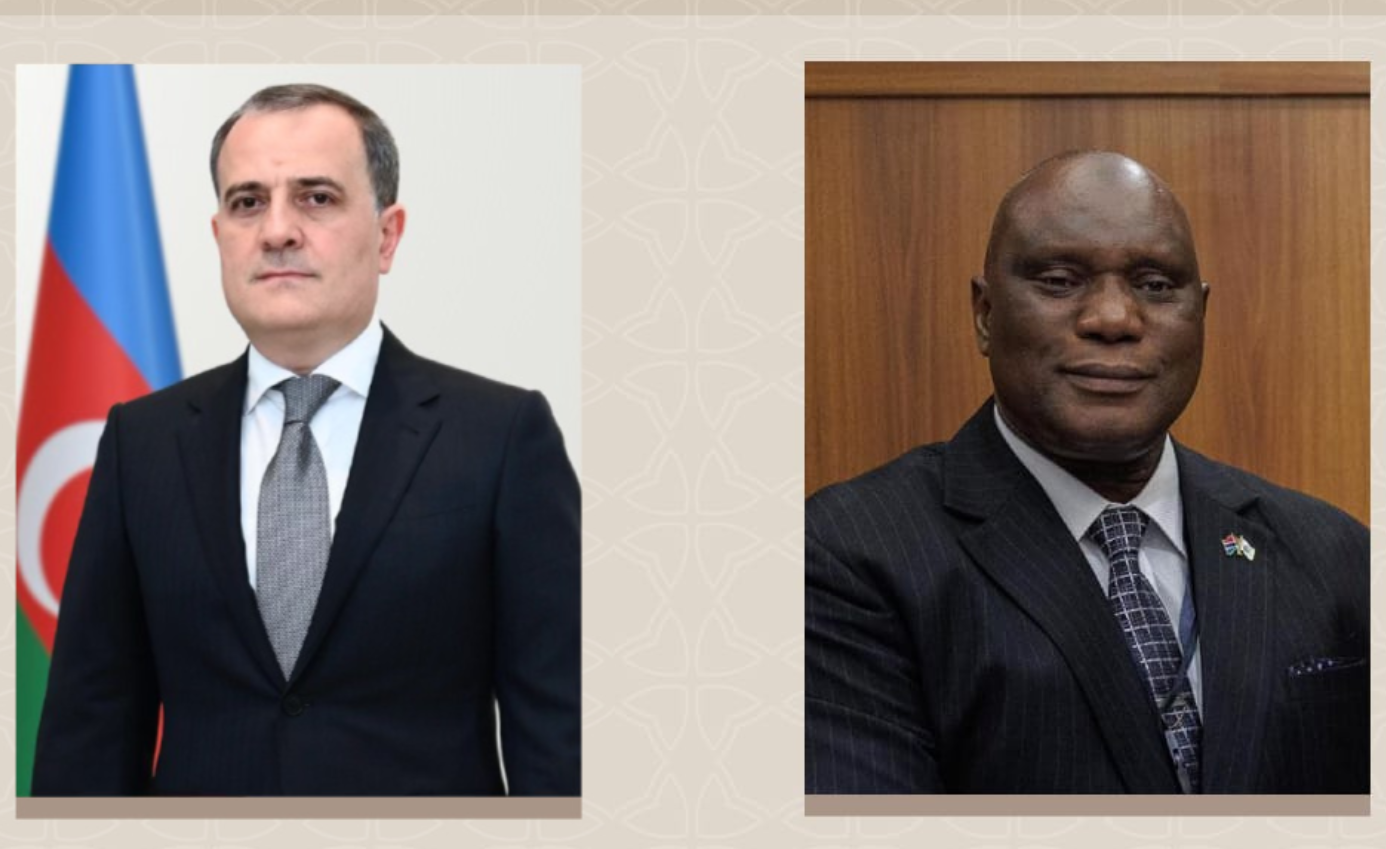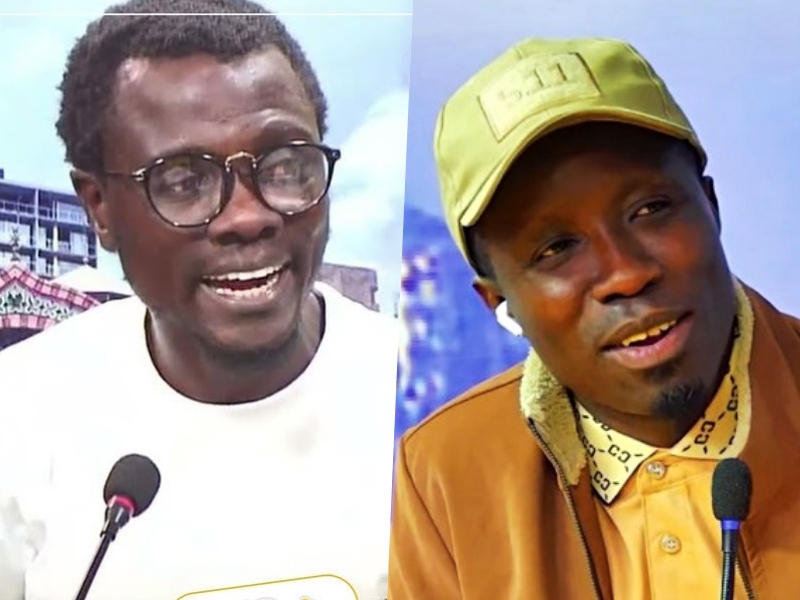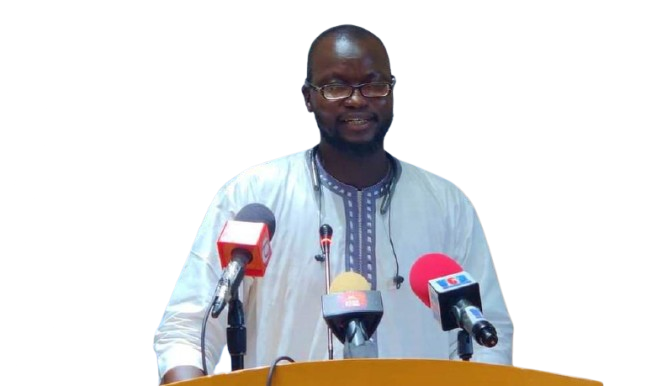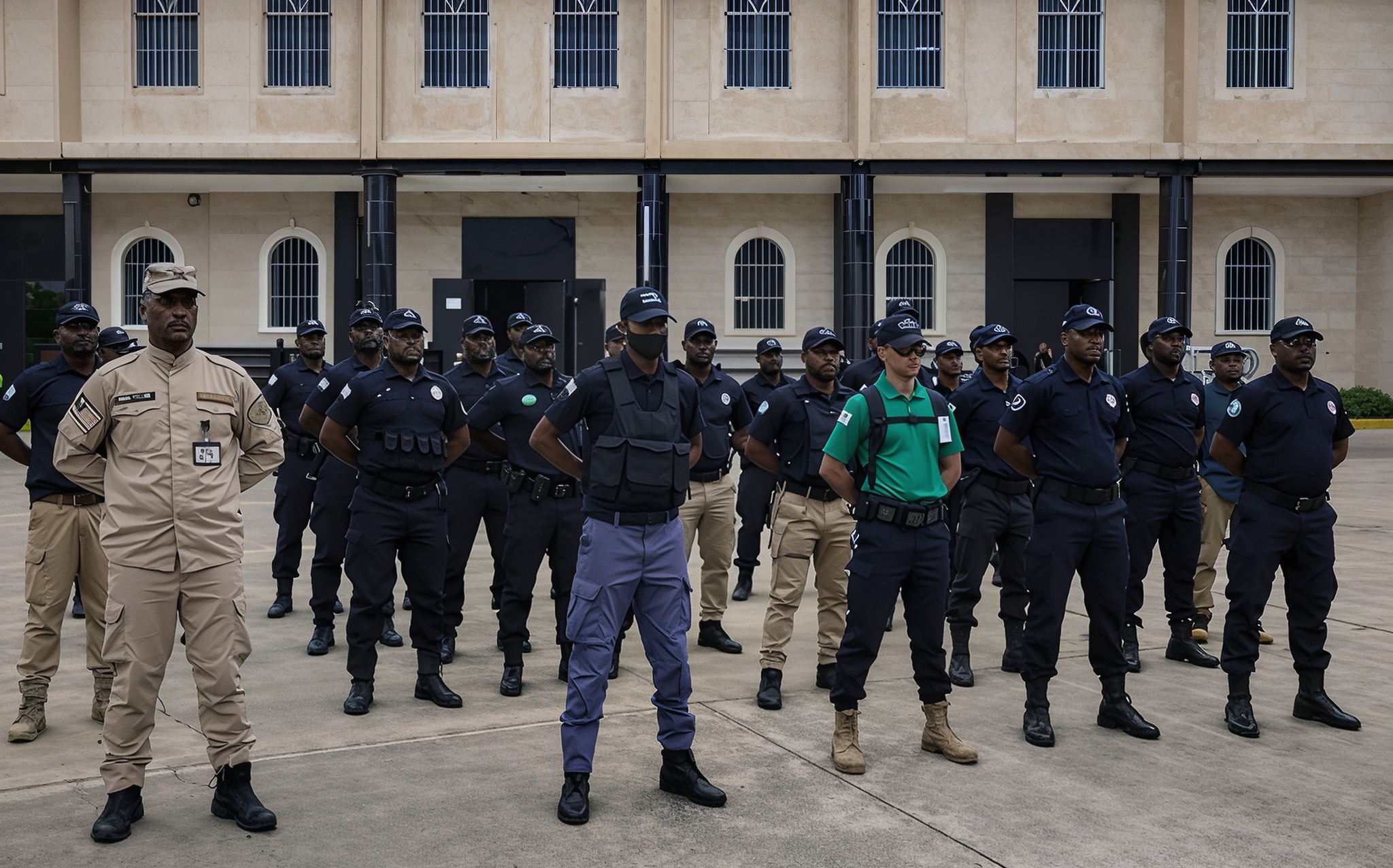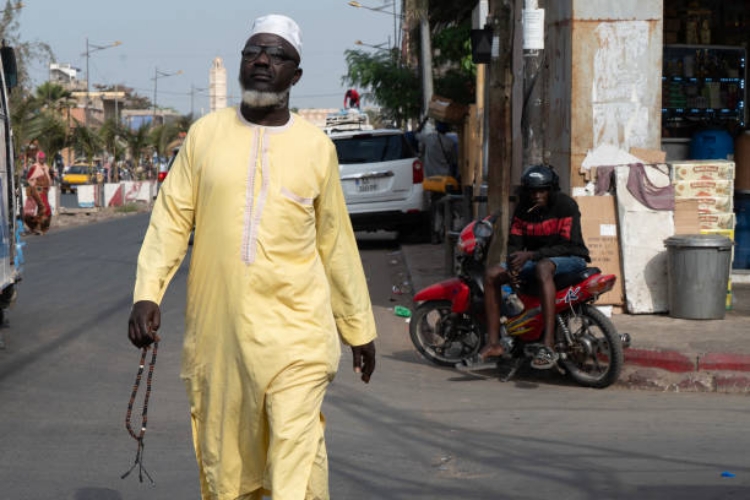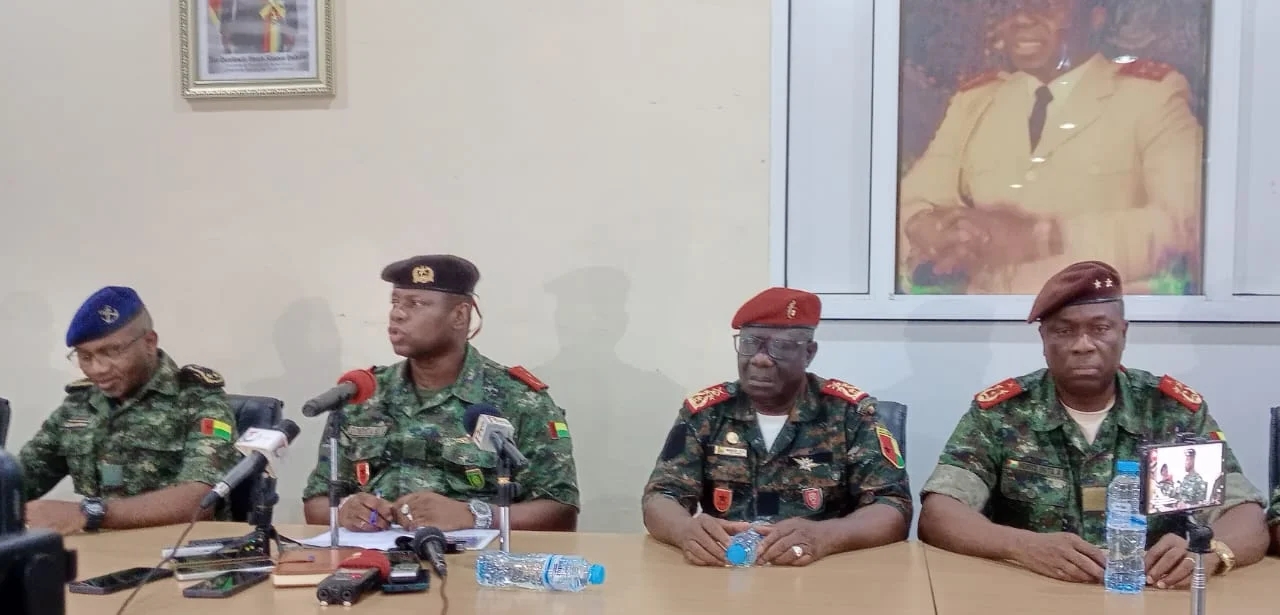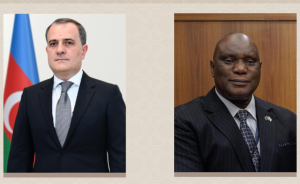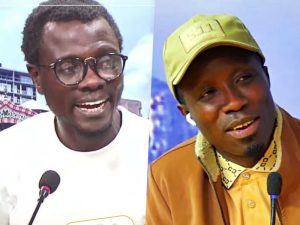Gambiaj.com – (BISSAU, Guinea-Bissau) – Less than a month before Guinea-Bissau’s general elections scheduled for November 23, a wave of unexplained arrests and disappearances within the armed forces has heightened fears of renewed instability in the coup-prone West African nation.
In recent days, several senior military officers have been detained under unclear circumstances, while others have gone missing, fueling suspicions of internal purges and power struggles within the military establishment as the country heads into a politically charged election season.
Among those detained is Major Domingos Nhanque, deputy prosecutor of the Superior Military Court, who has been missing since early this week after being summoned for what was described as a joint mission with the Army General Staff. His family has received no official information about his whereabouts.
Similarly, Brigadier General Daba Naualna, former president of the Superior Military Court and current director of the military training school in Cumeré, was reportedly taken by armed soldiers on October 29 and has not been seen since.
Adding to the alarm, Colonel Júlio Naquidanque, head of operations and training at the Army General Staff, disappeared after being summoned to a meeting in Bissau. His fate also remains unknown.
The pattern of detentions without warrants and unexplained disappearances has generated anxiety within the military and broader society, reopening old wounds in a nation long scarred by coups, mutinies, and political assassinations.
A Climate of Fear and Contradictions
While the government maintains that the armed forces remain neutral and committed to safeguarding electoral security, the latest wave of arrests has cast serious doubt on those assurances.
The General Staff and judicial authorities have offered no explanations, deepening public mistrust and fueling speculation of an internal purge targeting officers perceived as disloyal to the current leadership.
Observers note growing divisions within the army between factions loyal to President Umaro Sissoco Embaló and those frustrated by his leadership and the long tenure of General Biagué Na Ntan, who has served as Chief of the General Staff for more than a decade.
Critics say his extended stay symbolizes the stagnation and politicization of the armed forces, eroding institutional independence.
“The military’s silence and the opacity of these detentions are dangerous in a country where soldiers have repeatedly played decisive roles in political transitions,” one Bissau-based analyst told reporters, warning that “the current atmosphere suggests more than simple disciplinary measures; it’s a struggle for control before the polls.”
Political Stakes and Fragile Stability
The arrests come amid a turbulent electoral process already fraught with disputes. The powerful PAI–Terra Ranka coalition, led by the opposition PAIGC and Domingos Simões Pereira, has been excluded from the elections following a series of controversial legal rulings, a move critics say undermines the credibility of the vote.
Civil society groups and opposition leaders have denounced what they describe as a “climate of fear and intimidation,” citing increased military presence in the streets and restrictions on free expression.
Analysts warn that Guinea-Bissau is sliding toward a “quiet militarization,” where distinctions between political authority, the judiciary, and the armed forces are becoming increasingly blurred.
The lack of transparency surrounding the recent disappearances, they argue, not only threatens the rule of law but also casts a shadow over the legitimacy of the upcoming elections.
For a country still haunted by decades of military interference and fragile governance, the latest developments are a chilling reminder of how easily Guinea-Bissau’s delicate balance between democracy and military power can unravel.



